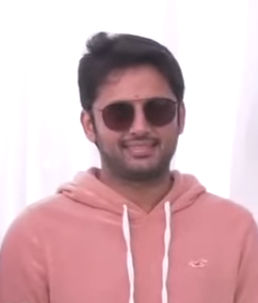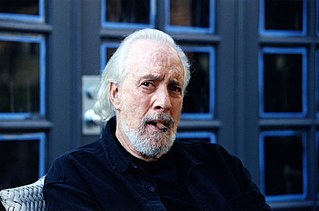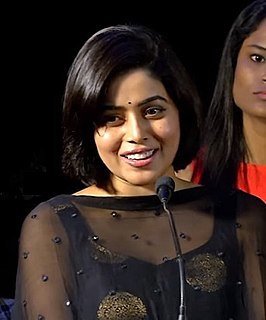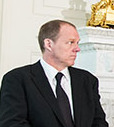A Quote by Nithiin
After listening to several scripts, I zeroed in on director Hanu Raghavapudi's script and that's how 'Lie' happened.
Related Quotes
If you put someone in a room with no script to direct, they're just going to sit there. Writing scripts is the execution for a show. Then the director takes that and hires people. It's like trying to build a house without any bricks. You need the script. I could build the house, but I have to know how.
With a good script a good director can produce a masterpiece; with the same script a mediocre director can make a passable film. But with a bad script even a good director can’t possibly make a good film. For truly cinematic expression, the camera and the microphone must be able to cross both fire and water. That is what makes a real movie. The script must be something that has the power to do this.
The one thing you know when you're shooting a script - and I've been on a lot of sets - is space is in a script, and the distance between the page and the stage is so enormous that it is unbelievable how even the brightest people can misread your intent or not see it altogether. Scripts have air in them. Scripts are supposed to leave things up to interpretation, but people can misread things enormously, so sometimes it's just a matter of wanting to put on the screen what you had in mind.
The way I pick movies is, first, if the script is any good. Then, if the script is good, who else is in it, the director, the producer, all that. If you have all that, there's a chance the movie will be great. If the script isn't right, or the director or cast isn't right, you've got no shot in hell.
If Holocaust happened, then those who bear the responsibility for it have to be punished, and not the Palestinians. Why isn't research into a deed that occurred 60 years ago permitted? After all, other historical occurrences, some of which lie several thousand years in the past, are open to research, and even the governments support this.



































